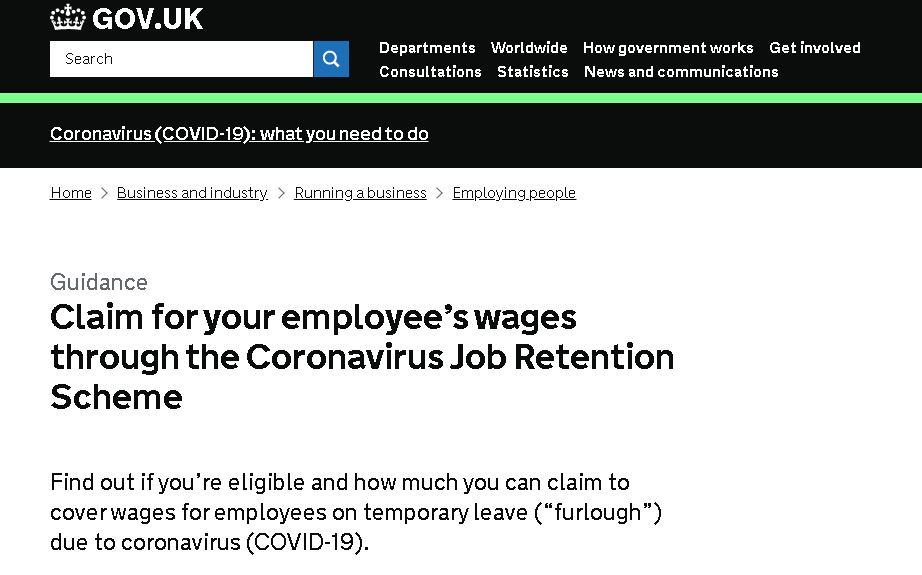Employees dismissed by their employer may feel that their dismissal is unjust. There are clear…
Warehouse Workers Triumph in Collective Bargaining Dispute
PLEASE NOTE: Information in this article is correct at the time of publication, please contact DFA Law for current advice on older articles.
Recognition of ‘units’ of workers for the purposes of collective bargaining can be a thorny issue and that was certainly so in one case in which supermarket chain Lidl fiercely objected to 223 warehouse workers – representing only about 1.2 per cent of its total 18,000-plus workforce – forming such a unit.
The warehouse operatives worked at one of Lidl’s eight distribution centres and their quest to become a bargaining unit under the Trade Union and Labour Relations (Consolidation) Act 1992 was backed by their trade union. However, the chain complained that the move would undermine its ‘one culture’ policy by which standardised employment terms were applied across its entire workforce.
Allowing such a small number of workers to form their own bargaining unit could lead to fragmentation of the workforce, with a multiplicity of small groups competing for the most favourable terms and conditions. That would be unworkable, Lidl argued, and inconsistent with efficient management of its business.
However, the Central Arbitration Committee, the independent body that deals with such disputes, ruled in favour of the union on the basis that Lidl’s concerns were not, on the evidence, well founded and that the 223-member bargaining unit was appropriate. In dismissing the chain’s judicial review challenge to that ruling, the High Court found that its arguments had been fully considered by the committee and that no legal flaw could be detected in the decision.
Lidl has announced its intention to appeal this decision to the Court of Appeal.




